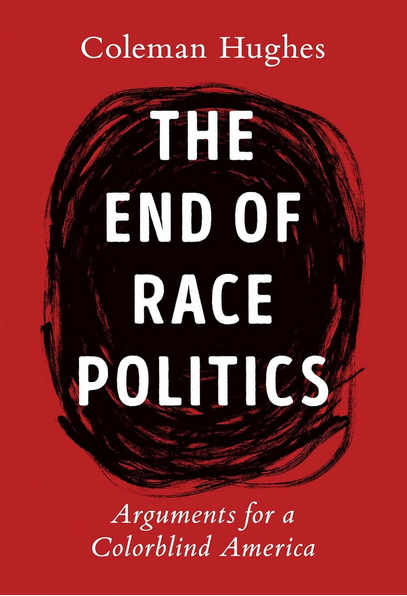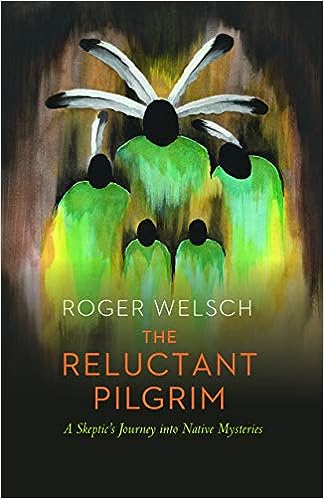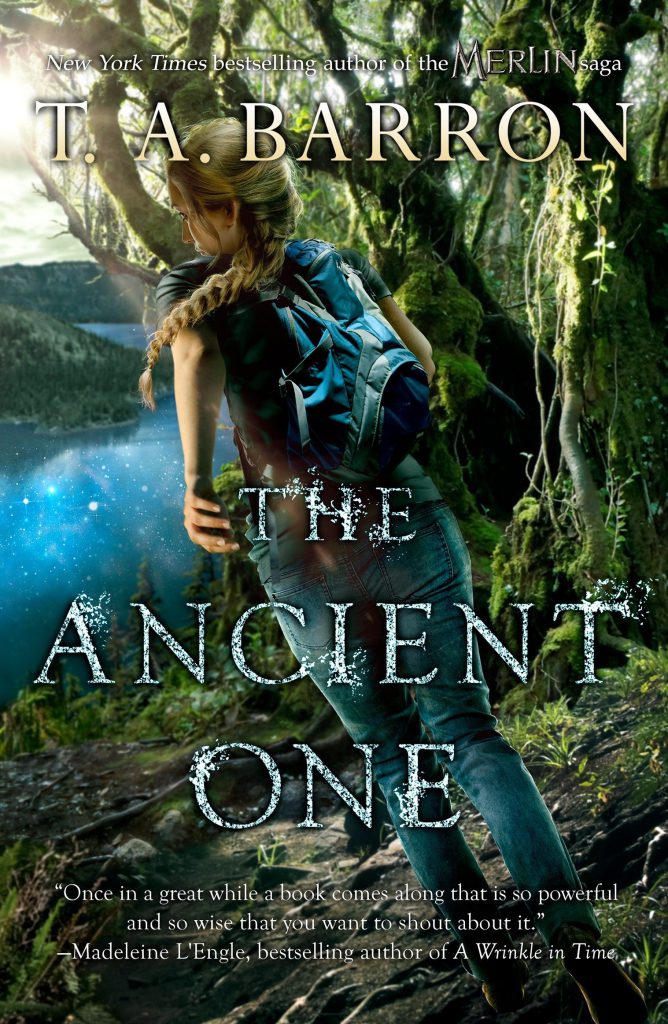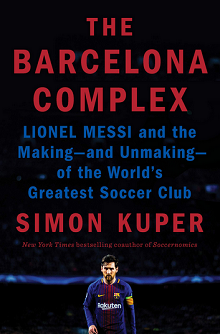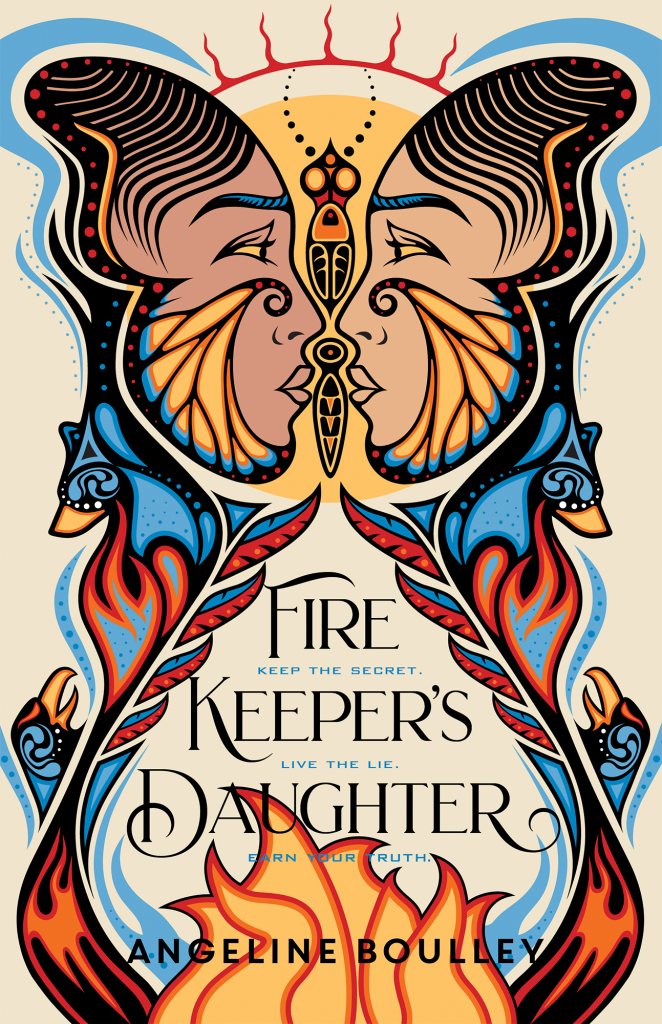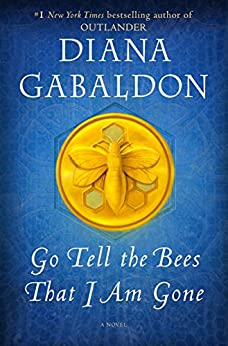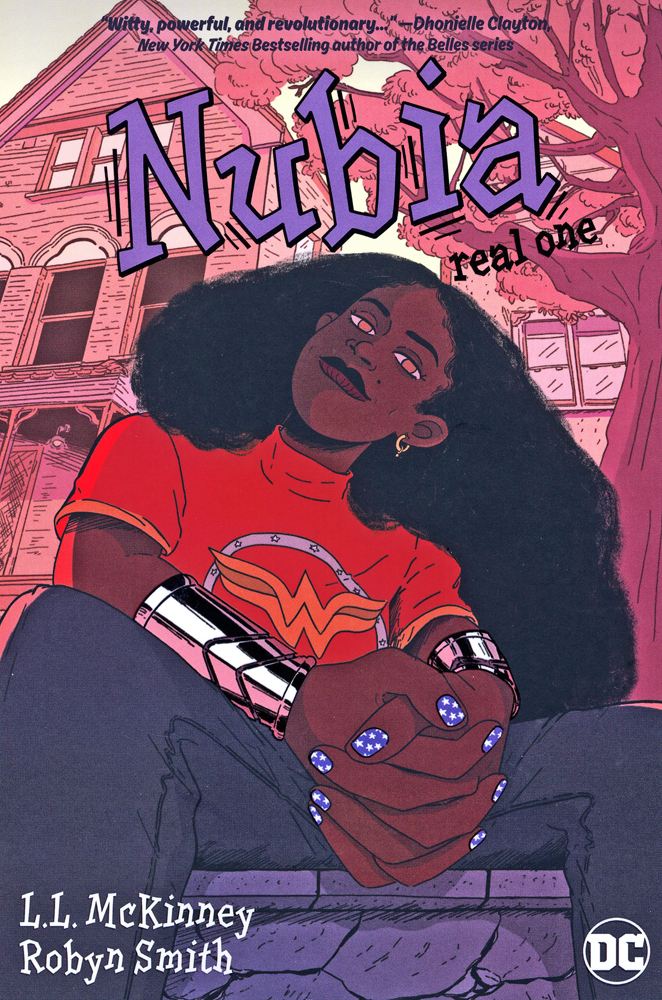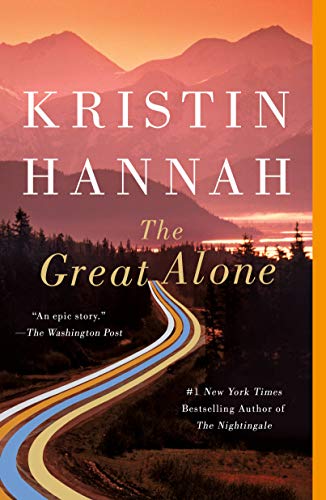Search the Blog
Categories
- Books & Reading
- Broadband Buzz
- Census
- Education & Training
- General
- Grants
- Information Resources
- Library Management
- Nebraska Center for the Book
- Nebraska Memories
- Now hiring @ your library
- Preservation
- Pretty Sweet Tech
- Programming
- Public Library Boards of Trustees
- Public Relations
- Talking Book & Braille Service (TBBS)
- Technology
- Uncategorized
- What's Up Doc / Govdocs
- Youth Services
Archives
Subscribe
Search Results for: great american read
Free Materials for Nebraska Libraries to Support Great American Read Programming
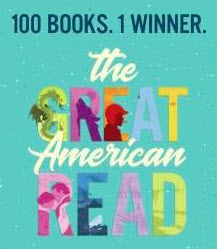 The Great American Read is the new PBS eight-part television competition and nationwide campaign to discover America’s favorite novel. Everyone can vote for their favorite from a list of 100 novels chosen in a national survey. NET Television is offering Nebraska resources for programming to help community members participate in the Great American Read. Nebraska libraries are invited to request posters and bookmarks (and possibly a local screening) from Marthaellen Florence, Director, Community Engagement, Nebraska Educational Telecommunications – NET, mflorenc@netad.unl.edu, 402-470-6603.
The Great American Read is the new PBS eight-part television competition and nationwide campaign to discover America’s favorite novel. Everyone can vote for their favorite from a list of 100 novels chosen in a national survey. NET Television is offering Nebraska resources for programming to help community members participate in the Great American Read. Nebraska libraries are invited to request posters and bookmarks (and possibly a local screening) from Marthaellen Florence, Director, Community Engagement, Nebraska Educational Telecommunications – NET, mflorenc@netad.unl.edu, 402-470-6603.
See http://netnebraska.org/greatread or Facebook.com/netNebraska for more information about the program broadcasts on NET. The series is hosted by Meredith Vieira and features conversations with authors, celebrities, and book lovers. The programs are scheduled for the next six weeks, leading up to the last day of voting (October 18, 2018) and announcement of America’s favorite read (October 23, 3018).
Schedule
“Launch Special” (Premiered Tuesday, May 22, 2018) – WATCH NOW
“Fall Kick-off” (Premieres Tuesday, September 11, 2018 7:00 p.m. ct)
“Who Am I?” (Premieres Tuesday, September 18, 2018 7:00 p.m. ct)
“Heroes” (Premieres Tuesday, September 25, 2018 7:00 p.m. ct)
“Villains and Monsters” (Premieres Tuesday, October 2, 2018 7:00 p.m. ct)
“What We Do For Love” (Premieres Tuesday, October 9, 2018 7:00 p.m. ct)
“Other Worlds” (Premieres Tuesday, October 16, 2018 7:00 p.m. ct)
“Grand Finale” (Premieres Tuesday, October 23, 2018 7:00 p.m. ct)
The Nebraska Library Commission’s Talking Book and Braille Service helps Nebraska librarians serve library customers who can’t use regular print, and all but four of the Great American Read titles are available in the talking book format through this service. For more information, see http://nlcblogs.nebraska.gov/nlcblog/?s=great+american+read. To help serve book clubs that want to read a title from this list, the Nebraska Library Commission Book Club Kit collection contains 59 of the 100 selections. To serve your library customers, search at http://nlc.nebraska.gov/ref/bookclub/ or contact Lisa Kelly, Information Services Director, 402-471-4015 for the list of Great American Read titles available in Book Club Kits.
For more information, see the recording of the Sept. 5, 2018 NCompass Live Great American Read broadcast at http://nlc.nebraska.gov/scripts/calendar/eventshow.asp?ProgID=17615
#GreatReadPBS
NCompass Live: The Great American Read
 Join us for the next NCompass Live, ‘The Great American Read’, on Wednesday, September 5, 10:00am – 11:00am CT.
Join us for the next NCompass Live, ‘The Great American Read’, on Wednesday, September 5, 10:00am – 11:00am CT.
The Great American Read is the new PBS eight-part television competition and nationwide campaign to discover America’s favorite novel. Everyone can vote for their favorite from a list of 100 novels chosen in a national survey. Marthaellen Florence, from NET Television, and Katie Murtha, from Lincoln City Libraries, will join us to share resources and activities that you can use in your library to help your community participate in the program.
Upcoming NCompass Live events:
- Sept. 12 – Book vs. Movie: The Ultimate Showdown!
- Sept. 19 – Get a Youth Grant for Excellence!
- Sept. 26 – 2018 Continuing Education/Training and Internship Grants
- Oct. 3 – NO NCOMPASS LIVE – ENJOY NLA/NSLA!
- Oct. 24 – Strategies for Identifying Fake News
For more information, to register for NCompass Live, or to listen to recordings of past events, go to the NCompass Live webpage.
NCompass Live is broadcast live every Wednesday from 10am – 11am Central Time. Convert to your time zone on the Official U.S. Time website. The show is presented online using the GoToWebinar online meeting service. Before you attend a session, please see the NLC Online Sessions webpage for detailed information about GoToWebinar, including system requirements, firewall permissions, and equipment requirements for computer speakers and microphones.
“The Great American Read” Books available to Talking Book and Braille Service readers
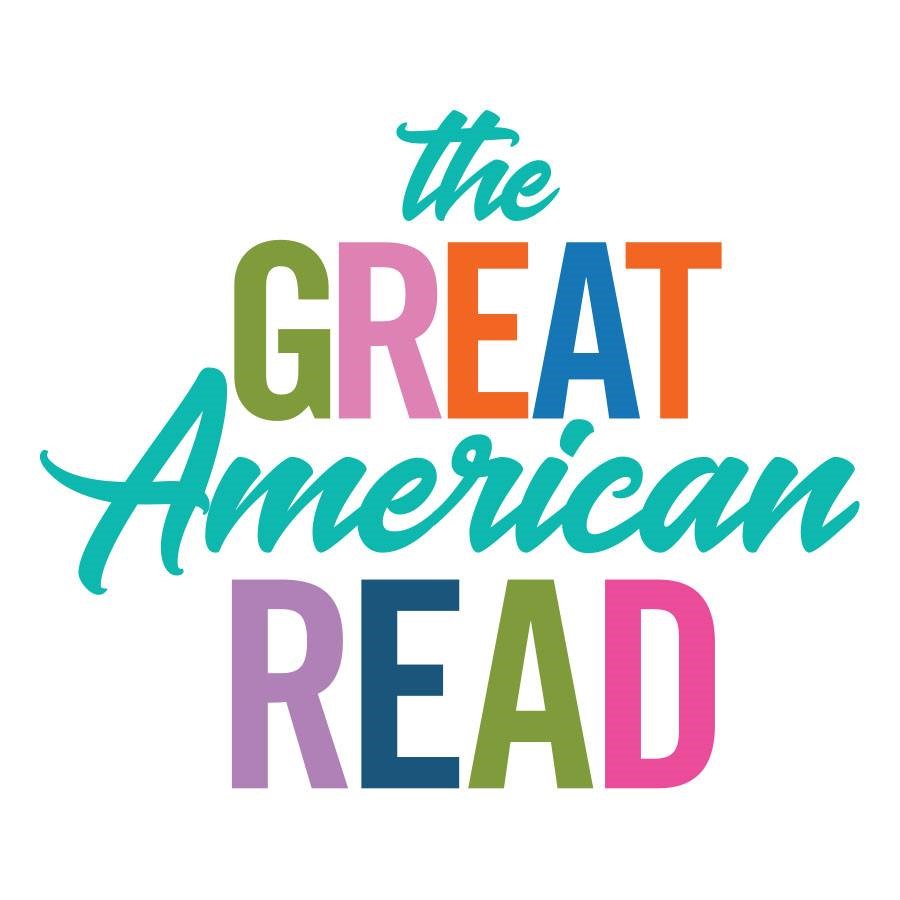 This reading list, curated by PBS, shows the diversity of America’s 100 most beloved fiction books. Voting for America’s greatest novel began May 22nd and will end in October 2018. Learn more about The Great American Read and how to vote at http://www.pbs.org/the-great-american-read/about/show/
This reading list, curated by PBS, shows the diversity of America’s 100 most beloved fiction books. Voting for America’s greatest novel began May 22nd and will end in October 2018. Learn more about The Great American Read and how to vote at http://www.pbs.org/the-great-american-read/about/show/
For library patrons who can’t use regular print, all but four of the Great American Read titles are available in the talking book format. If you know readers who would love to be involved, but their vision is making it hard to use regular print, they can’t hold a book, or turn pages, the Nebraska Library Commission Talking Book and Braille Service is here to help! You can use the 5-digit numbers beside the book titles below to order these and many other wonderful books and magazines. Simply give us a call anywhere in Nebraska by dialing 1-800-742-7691, or visit our section of the NLC website.
| DB | Title and Author | |
| 73474 | 1984 by George Orwell | |
| 50482 | A Confederacy of Dunces by John Kennedy Toole | |
| 29012 | A Prayer for Owen Meany: A Novel by John Irving | |
| 24697 | A Separate Peace by John Knowles | |
| 44769 | A Tree Grows in Brooklyn by Betty Smith | |
| 53084 | The Adventures of Tom Sawyer by Mark Twain | |
| 65599 | The Alchemist by Paulo Coelho | |
| Alex Cross Series by James Patterson | ||
| 50842 | Alice’s Adventures in Wonderland by Lewis Carroll | |
| 77188 | Americanah by Chimamanda Ngozi Adichie | |
| 11077 | And Then There Were None by Agatha Christie | |
| (also within DB 53999) | ||
| 56114 | Anne of Green Gables by Lucy Maud Montgomery | |
| (also within DB 50475) | ||
| 51074 | Atlas Shrugged by Ayn Rand | |
| 26026 | Beloved by Toni Morrison | |
| 62431 | The Book Thief by Markus Zusak | |
| 65402 | The Brief Wondrous Life Of Oscar Wao by Junot Díaz | |
| 49486 | The Call of the Wild by Jack London | |
| 48063 | Catch-22 by Joseph Heller | |
| 47480 | Catcher in the Rye by J.D. Salinger | |
| 74950 | Charlotte’s Web by E.B. White | |
| 50083 | Chronicles of Narnia series by C.S. Lewis | |
| 52680 | Clan of the Cave Bear by Jean M. Auel | |
| 57412 | Coldest Winter Ever by Sister Souljah | |
| 58842 | The Color Purple by Alice Walker | |
| 56946 | Count of Monte Christo by Alexandre Dumas | |
| 50147 | Crime and Punishment by Fyodor Dostoyevsky | |
| 56893 | The Curious Incident of the Dog in the Night-Time by Mark Haddon | |
| 55735 | The Da Vinci Code by Dan Brown | |
| 24290 | Don Quixote by Miguel de Cervantes | |
| 26423 | Doña Bárbára by Rómulo Gallegos | |
| 44126 | Dune by Frank Herbert | |
| 74504 | Fifty Shades of Grey series by E.L. James | |
| 36176 | Flowers in the Attic by V.C. Andrews | |
| 80139 | Foundation series by Isaac Asimov | |
| book 1 10365, book 2 80139, book 3 10610 | ||
| 25835 | Frankenstein by Mary Shelley | |
| 45742 | Game of Thrones series by George R.R. Martin | |
| Prequel Companion 80183, Prequel Anthology 80183 | ||
| book 1 45742, book 2 49913, book 3 51406, | ||
| book 4 62348, book 5 73557 | ||
| 85921 | Ghost by Jason Reynolds | |
| 59561 | Gilead by Marilynne Robinson | |
| 37689 | The Giver by Lois Lowry | |
| 25677 | The Godfather by Mario Puzo | |
| 74888 | Gone Girl by Gillian Flynn | |
| 33082 | Gone with the Wind by Margaret Mitchell | |
| 68308 | The Grapes of Wrath by John Steinbeck | |
| 53991 | Great Expectations by Charles Dickens | |
| 16147 | The Great Gatsby by F. Scott Fitzgerald | |
| 23150 | Gulliver’s Travels by Jonathan Swift | |
| 24695 | The Handmaid’s Tale by Margaret Atwood | |
| Harry Potter Series by J.K. Rowling | ||
| book 1 47260, book 2 48437, book 3 48772, book 4 50228, | ||
| book 5 56062, book 6 60262, book 7 64495 | ||
| 30535 | Hatchet by Gary Paulsen | |
| 12613 | Heart of Darkness by Joseph Conrad | |
| 68889 | The Help by Kathryn Stockett | |
| 18339 | Hitchhiker’s Guide to the Galaxy by Douglas Adams | |
| Hunger Games series by Suzanne Collins | ||
| book 1 68384, book 2 69689, book 3, 71734 | ||
| 21513 | The Hunt for Red October by Tom Clancy | |
| 56346 | Invisible Man by Ralph Ellison | |
| 47868 | Jane Eyre by Charlotte Brontë | |
| 29021 | The Joy Luck Club by Amy Tan | |
| 32018 | Jurassic Park by Michael Crichton | |
| 47462 | Left Behind by Tim Lahaye and Jerry B. Jenkins | |
| 44071 | The Little Prince by Antoine de Saint-Exupéry | |
| 18128 | Little Women by Louisa May Alcott | |
| Lonesome Dove series by Larry McMurtry | ||
| book 1 43928, book 2 45001, book 3 22959, book 4 37323 | ||
| 61873 | Looking for Alaska by John Green | |
| The Lord of the Rings (series) by J.R.R. Tolkien | ||
| prequel 48978, book 1 47486, book 2 47487, book 3 47488 | ||
| 54698 | The Lovely Bones by Alice Sebold | |
| 78389 | The Martian by Andy Weir | |
| 45008 | Memoirs of a Geisha by Arthur Golden | |
| 34184 | Moby-Dick by Herman Melville | |
| 43180 | The Notebook by Nicholas Sparks | |
| 25181 | One Hundred Years of Solitude by Gabriel García Márquez | |
| Outlander series by Diana Gabaldon | ||
| book 1 36535, book 2 36536, book 3 38591, book 4 43320 | ||
| book 5 53366, book 6 61201, book 7 70073, book 8 79331 | ||
| 22433 | The Outsiders by S. E. Hinton | |
| 56794 | The Picture of Dorian Gray by Oscar Wilde | |
| 59950 | The Pilgrim’s Progress by John Bunyan | |
| 30999 | The Pillars of The Earth by Ken Follett | |
| 50549 | Pride and Prejudice by Jane Austen | |
| 73772 | Ready Player One by Ernest Cline | |
| 11106 | Rebecca by Daphne du Maurier | |
| 67237 | The Shack by William P. Young | |
| 52190 | Siddhartha by Hermann Hesse | |
| 15759 | The Sirens Of Titan by Kurt Vonnegut | |
| 12942 | The Stand by Stephen King | |
| 34114 | The Sun Also Rises by Ernest Hemingway | |
| 26498 | Swan Song by Robert R. McCammon | |
| Tales of The City series by Armistead Maupin | ||
| book 1 39531, book 2 39602, book 3 39603, book 4 39604, | ||
| book 5 39605, book 6 39606, book 7 65336, book 8 72107, | ||
| book 9 78276 | ||
| 35745 | Their Eyes Were Watching God by Zora Neale Hurston | |
| 47510 | Things Fall Apart by Chinua Achebe | |
| 29252 | This Present Darkness by Frank. E. Peretti | |
| 36414 | To Kill a Mockingbird by Harper Lee | |
| Twilight Saga series by Stephanie Meyer | ||
| book 1 82750, book 2 64367, book 3 65812, book 4 67238 | ||
| 67136 | War and Peace by Leo Tolstoy | |
| 25982 | Watchers by Dean Koontz | |
| The Wheel of Time series by Robert Jordan and Brandon | ||
| Sanderson | ||
| prequel 57628, book 1 57628, book 2 34701, book 3 34702, | ||
| book 4 36984, book 5 37569, book 6 39661, book 7 43043, | ||
| book 8 47082, book 9 51203, book 10 55506, book 11 62078, | ||
| book 12 70020, book 13 71926, book 14 76085 | ||
| 32449 | Where the Red Fern Grows by Wilson Rawls | |
| 50261 | White Teeth by Zadie Smith | |
| 25178 | Wuthering Heights by Emily Brontë |
APPLY NOW: ‘The Great American Read’ Grants for Public Libraries
 Nebraska public libraries are invited to apply for grants to host public programs around the PBS series “The Great American Read,” an eight-part television and online series designed to spark a national conversation about reading and the books that have inspired, moved, and shaped us, the ALA Public Programs Office announced. “The Great American Read” will engage audiences with a list of 100 diverse books, encouraging audiences to read the books, vote from the list of 100, and share their personal connections to the titles.
Nebraska public libraries are invited to apply for grants to host public programs around the PBS series “The Great American Read,” an eight-part television and online series designed to spark a national conversation about reading and the books that have inspired, moved, and shaped us, the ALA Public Programs Office announced. “The Great American Read” will engage audiences with a list of 100 diverse books, encouraging audiences to read the books, vote from the list of 100, and share their personal connections to the titles.
Fifty U.S. public libraries will be selected through a competitive application process to receive a cash grant to support programs and events related to “The Great American Read.” Selected libraries will also receive a programming kit, developed by ALA and PBS, that will help public libraries participate in a national conversation about reading and books, including those featured in the series that highlight themes of love, heroes, villains, other worlds and self-discovery.
Selected libraries will be required to hold at least three public programs related to “The Great American Read” series May and November 2018. Collaboration with local PBS member stations is strongly encouraged.
Read the full project guidelines and apply online by April 17.
“The Great American Read” will premiere May 22 on PBS stations with a two-hour launch, kicking off a summer of reading and voting. In fall 2018, seven new episodes will air, featuring appearances by celebrities, athletes, experts, authors and everyday Americans advocating for their favorite book, culminating with a finale that reveals America’s best-loved novel as chosen by the American public. Selected libraries will receive a DVD collection of the eight-part series with public performance rights; a hardcover copy of the companion book, “The Great American Read: The Book of Books” by PBS (Black Dog & Leventhal, August 21, 2018); print materials for local program promotion and publicity; a programming guide developed by ALA, PBS and a panel of librarian advisors; and more. The libraries will also have the opportunity to host private screenings of the series premiere and six fall episodes before they broadcast to the public.
“The Great American Read” is a production of Nutopia for PBS. PBS Funding for “The Great American Read” is provided by The Anne Ray Foundation and PBS. For more information contact Sarah Ostman, Communications Manager, Public Programs Office, American Library Association, 312-280-5061, sostman@ala.org.
Posted in Books & Reading, Grants, Programming
Leave a comment
#BookFaceFriday “The Book of Unknown Americans” by Cristina Henríquez
Did you know it’s #BookFaceFriday?
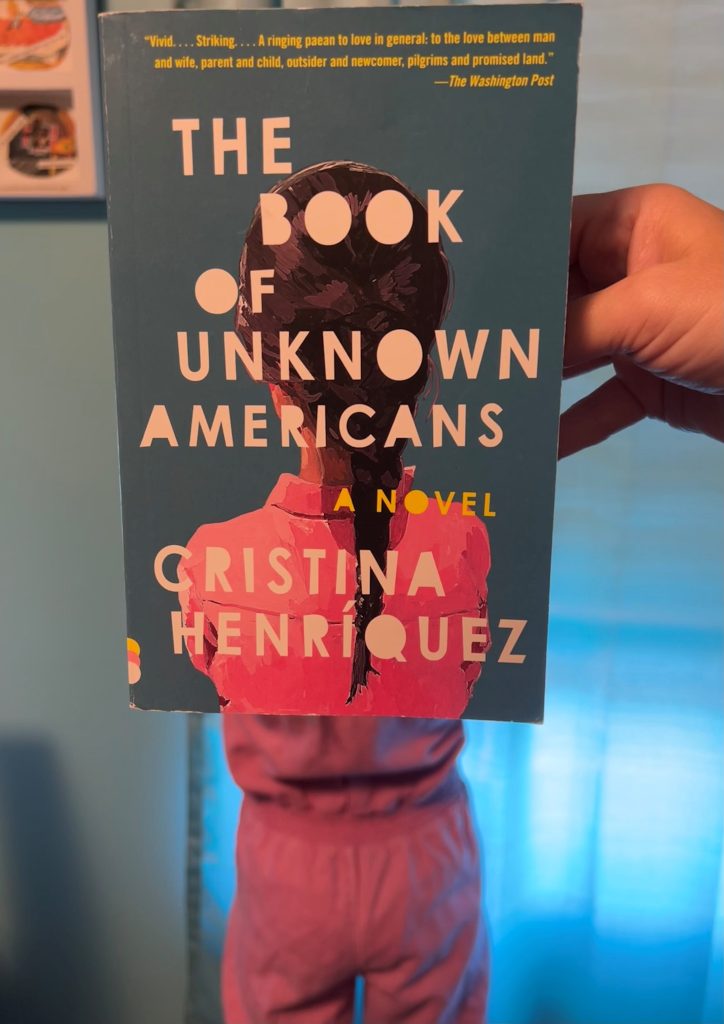
Don’t blame us for judging a book by its cover – this one was just asking to become this week’s #BookFace! But sometimes those first impressions prove to be correct; “The Book of Unknown Americans” by Cristina Henríquez, was “named a New York Times and Washington Post Notable Book, an NPR Great Read, The Daily Beast’s Novel of the Year, and a Mother Jones, Oprah.com, School Library Journal, and BookPage Best Book of the Year.” This title is available as a part of our Book Club Kit collection, and also as an eBook and Audiobook through Nebraska OverDrive Libraries. Will your book club enjoy it? Only one way to know for sure…
“There’s an aura of benevolence in these pages…. Henríquez’s feat is to make the reader feel at home amid these good, likable people.”
—The Wall Street Journal
“Unfailingly well written and entertaining…. [Henríquez’s] stories illuminate the lives behind the current debates about Latino immigration.”
– The New York Times Book Review
Book Club Kits Rules for Use
- These kits can be checked out by the librarians of Nebraska libraries and media centers.
- Circulation times are flexible and will be based upon availability. There is no standard check-out time for book club kits.
- Please search the collection to select items you wish to borrow and use the REQUEST THIS KIT icon to borrow items.
- Contact the Information Desk at the Library Commission if you have any questions: by phone: 800/307-2665, or by email: Information Services Team
Libraries participating in the Nebraska OverDrive Libraries Group currently have access to a shared and growing collection of digital downloadable audiobooks and eBooks. 194 libraries across the state share the Nebraska OverDrive collection of 26,898 audiobooks, 36,794 ebooks, and 5,133 magazines. As an added bonus it includes 130 podcasts that are always available with simultaneous use (SU), as well as SU ebooks and audiobook titles that publishers have made available for a limited time. If you’re a part of it, let your users know about this great title, and if you’re not a member yet, find more information about participating in Nebraska Overdrive Libraries!
Love this #BookFace & reading? Check out our past #BookFaceFriday photos on the Nebraska Library Commission’s Facebook page!
Friday Reads: The Midcentury Kitchen by Sarah Archer

If you have a midcentury house like me, you may wonder what your kitchen originally looked like. Mine likely underwent several unfortunate remodels before my time, but it still seems to have its original footprint. I’ve often pondered what I would do if I renovated. Would I scrap the midcentury footprint or embrace it? I stumbled upon the Mid Mod Midwest podcast and Instagram account where architect Della Hansmann tackles various topics related to midcentury remodeling. She recommended Sarah Archer’s book on midcentury kitchens for inspiration and historical context, so I decided to pick up a copy. If you are interested in midcentury design history or advertising history, you might like Sarah Archer’s The Midcentury Kitchen: America’s Favorite Room, from Workspace to Dreamscape.
The first thing I noticed was the bounty of colorful advertisements and photographs showing over-the-top kitchens, including space-age dream kitchens and television sets. This book isn’t about builder basic reality, but it is still a great reference for the midcentury color palettes and the trophy kitchens. Additionally, Archer takes the reader through the history of American kitchen design trends from prewar examples through the 1970s. She also looks at the history and evolution of advertising, and analyzes the messaging corporations were bombarding American consumers with to try to get them to buy more and more.
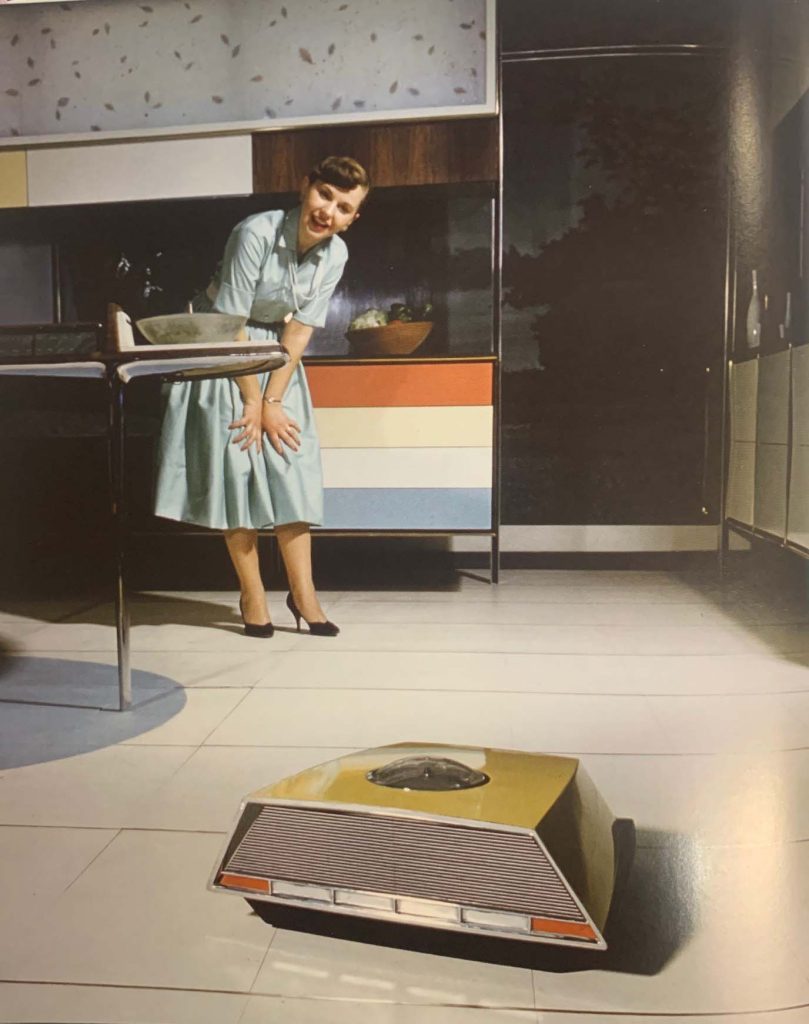
Archer takes a brief look at processed food marketing and the sweet spot companies landed on to help sell more product: make it appear easy, but not too easy. A psychologist who supposedly consulted with the Betty Crocker company, theorized that adding fresh eggs to a box cake mix would strike the right balance between convenience and still feeling like baking. Packaged icing was another sweet spot, marketing to both convenience and creativity. Similar marketing strategies were used with gelatin and canned soups. Archer also theorizes that perhaps we can draw a similar parallel to the marketing and appeal of contemporary meal kit companies today.
Fun Fact: The industry standard 36″ high countertop is based on the height that worked for industrial engineer Lilian Gilbreth. Unless you are 5’7″, it probably doesn’t work well for you.
Archer also examines gender stereotypes in midcentury kitchen adverting, and shows examples of how shifting attitudes in the 1960s were sometimes reflected in ad campaigns. They usually missed the mark, and reinforced what they saw as traditional gender roles for women. Companies tried to capitalize on other cultural shifts, incorporating “counterculture” aesthetic into design. Trendy 1960s kitchens could have psychedelic wallpaper, and pastel pallets gave way to wood and warm tones like harvest gold and avocado green.
The Midcentury Kitchen offers a lot to digest, whether you are looking for design inspiration or interested in learning more about advertising history. It may also help readers think more about the advertising we are bombarded with today.
After reading the book, I also discovered that Della Hansmann interviewed Sarah Archer in 2021 on her Mid Mod Remodel podcast. If you are interested in listening to their conversation about midcentury kitchens, they cover some of the high level history from the book as well as preservation and renovations thoughts on living in our midcentury kitchen footprints today.

Archer, Sarah. The Midcentury Kitchen: America’s Favorite Room, from Workspace to Dreamscape, 1940s-1970s. The Countrymen Press, 2019.
#BookFaceFriday “Mr. and Mrs. American Pie” by Juliet McDaniel
This #BookFaceFriday is a socialite!
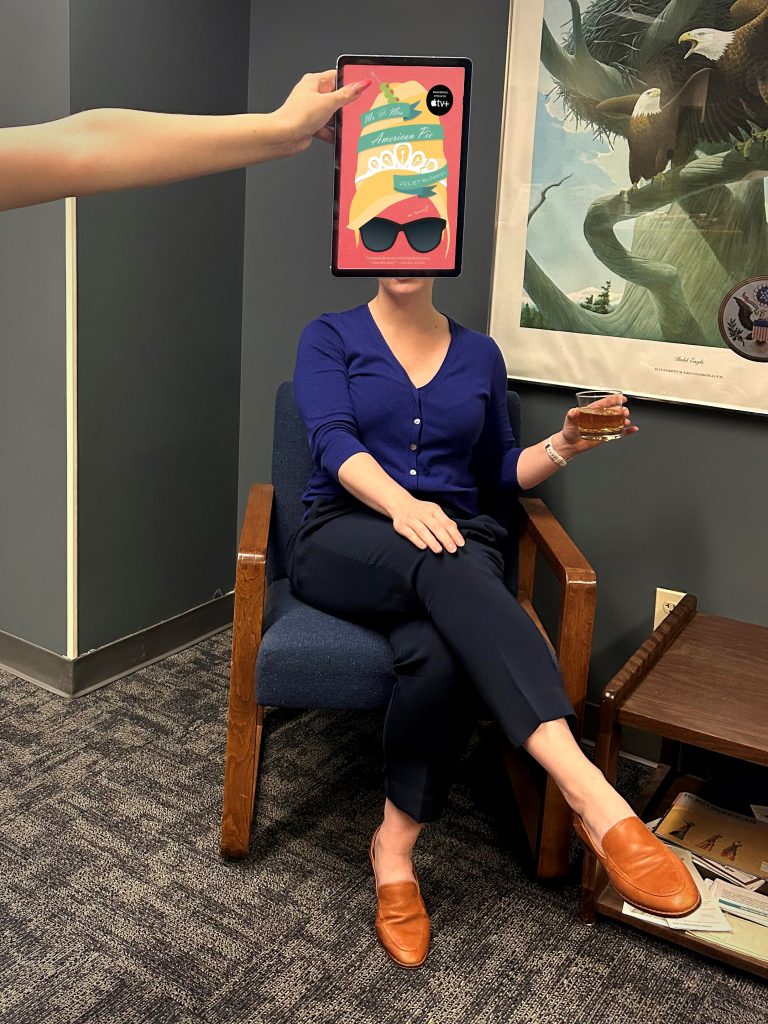
The year is 1969 in this week’s #BookFace! “Mr. and Mrs. American Pie” by Juliet McDaniel ( Inkshares, 2018) stars notable Palm Springs socialite and beauty queen Maxine Simmons- recently divorced and outcast. She must find, or build a family all on her own to earn the title of Mrs. American Pie. Perfect for comedy lovers, the novel also serves as the inspiration for Apple TV’s “Palm Royale.” It’s available for checkout as an eBook from Nebraska Overdrive Libraries. This oddball adventure, featuring themes of friendship, motherhood, and complicated relationships keeps Finlay and her nanny/partner-in-crime Vero’s story rolling.
“McDaniel’s debut is the perfect blend of salty and sweet, combining 1970s culinary horrors like ham and bananas hollandaise with a motley crew of fakers learning what family really means.”
— Booklist (starred review)
Find this title and many more through Nebraska OverDrive! Libraries participating in the Nebraska OverDrive Libraries Group currently have access to a shared and growing collection of digital downloadable audiobooks and eBooks. 194 libraries across the state share the Nebraska OverDrive collection of 26,898 audiobooks, 36,794 ebooks, and 5,133 magazines. As an added bonus it includes 130 podcasts that are always available with simultaneous use (SU), as well as SU ebooks and audiobook titles that publishers have made available for a limited time. If you’re a part of it, let your users know about this great title, and if you’re not a member yet, find more information about participating in Nebraska Overdrive Libraries!
Love this #BookFace & reading? Check out our past #BookFaceFriday photos on the Nebraska Library Commission’s Facebook page!
Friday Reads: The End of Race Politics: Arguments for a Colorblind America
Reading this book conjures up thoughts about collection development. Yep, that’s right, for the handful of you that are reading this, I want to talk about collection development, on the record. Not necessarily because you might have limited knowledge of this practice (you may or may not—let’s avoid assumptions), but rather my concern is that some libraries may have forgotten the importance of having balanced library collections, or perhaps have never really believed in the practice in the first place. Coleman Hughes, for instance, presents an alternate view of race politics, taking aim at contemporary works by Ibram Kendi and Robin DiAngelo, among others espousing similar views. He doesn’t pull any punches in his criticism, starting with labeling them as “Neoracists” (to be fair, a term used by many others, including, notably, John McWhorter). We live in times where some (librarian or not) might dismiss outright the assertions of Hughes, limiting his book in library collections (or requesting it’s immediate removal) while categorizing what he has to say as blasphemy, disinformation, or applying any other ridiculous criticism. To me, it doesn’t matter if one agrees or disagrees with what Hughes (or Kendi, DiAngelo, et. al.) has to say; it’s a question of providing the public with an up to date collection of opposing viewpoints on relevant subject matters. For example: Does your library collection contain books by Kendi and Ta-Nehisi Coates, but no antithesis from someone such as Coleman Hughes, Thomas Sowell, Glenn Loury, or John McWhorter? I imagine some might provide a feeble defense to these unbalanced collection development decisions by arguing that they are (as morally superior individuals looking out for you, the uninformed, ignorant reader who is incapable of your own thought) preventing dangerous “misinformation” from being spread and consumed by you. Hey, they are looking out for your interests, or protecting you, and for that reason, you should get off their case. Maybe even thank them. But is that your role as librarian? To be the arbiter of The Truth, one way or another? Ultimate decider of what is accurate or inaccurate? Or is it to offer a robust set of resources, presenting point and counter point, to individuals and the community at large so that they can make their own decisions? I’d argue the latter. Over the past few years, we’ve heard various hyper-ventilations about protecting the public from dangerous misinformation, formation of government ministries of truth, and the antidote to this the library’s promotion of censorship (e.g. casual exclusion of certain viewpoints, de-selection of materials, or non-selection in the first place) to achieve that end. Of course, come to find out, those marginalized as dangerous misinformation spreaders turned out later on to have a track record that is equal to or greater than Larry Holmes (69-6, 44 by KO). Sometimes, this nonsensical censorship is sold under the guise of “information literacy”. The perplexing part is that many seem perfectly OK with this. In response, the Supreme Court opinion in U.S. v. Alvarez comes to mind:
“Our constitutional tradition stands against the idea that we need Oceania’s Ministry of Truth . . . And suppression of speech by the government can make exposure of falsity more difficult, not less so. Society has the right and civic duty to engage in open, dynamic, rational discourse.”
Which brings me to my second rant about balanced collections and that, my friend, is book displays. Don’t get me wrong, I’m all for book displays in general, and the promotion of books and other items in the collection, strategically placed towards the checkout aisles like the Swiss Cake Rolls and Snowballs at the grocery store, as an effective strategy for suggestive selling and increasing your stats. But we should be careful about what we decide to promote and by exclusion, not promote. The book display shouldn’t be the librarian’s personal exhibition of what they think patrons should be reading (and by exclusion from the exhibit, not reading). Nor should it be the librarian’s opportunity to promote his or her own social or political causes at the expense of presenting any opposing viewpoints. For this reason, I believe the display should be somewhat generic in nature. All too often, they aren’t. They may be well intended, to correspond to a certain monthly event or holiday, for instance. Seems innocuous on the surface. But the problem with this is the display promotes those groups included in that monthly event and has the effect of excluding all others. Let’s cut to the chase, and use as an example the plethora of history/heritage months that have been designated, since we are talking about race under the blanket of this book on race relations by Coleman Hughes. Does your library have a display for Black History Month? If so, does it display for all the other history or heritage months to cover all members of your community? What about Asian History Month (May)? Hispanic (September)? Native Americans (November)? Let’s not forget the Irish (March). Arab-Americans (April)? Of course, there are many groups absent from these lists, and Jewish history doesn’t get it’s own billing (sharing May with the Asians). Why is that? Do all these history months divide the population by pointing out our differences (one of the key points Hughes makes), or bring them together? What if you are French Canadian? German? Italian? Welsh? Norwegian? Swedish? Slovakian? Or a member of virtually any other conceivable ethnic group not mentioned here? Does the absence of a book display for your group mean the library seeks to exclude you or send the message that those other groups matter, but you don’t? Perhaps the library should focus its attention in a broad way on American history, and then include a wide range of authors representing various viewpoints on various subjects. Maybe you agree (as I do) with Morgan Freeman, who concluded that Black History Month (and all the others, by applying the same logic) is a ridiculous farce:
“You’re going to relegate my history to a month? … Black history is American history. [Mike Wallace]: How are we going to get rid of racism and … [Morgan Freeman] Stop talking about it. I’m going to stop calling you a white man. And I’m going to ask you to stop calling me a black man. I know you as Mike Wallace. You know me as Morgan Freeman.”
Now a few words about Hughes and The End of Race Politics in particular. It would be easy to take the approach that Hughes speaks the truth, thank him for having the audacity to call out the Neoracists, elevate his prescription for a colorblind society, and discount (or outright dismiss) people like Ibram (“the only remedy to past discrimination is present discrimination. The only remedy to present discrimination is future discrimination”) Kendi as race hustlers or race grifters. Of course, such action would violate the deeply held free exchange of thought principles enunciated throughout today’s write up. The takeaway is that ALL of these resources should be held and equally promoted in the library, point and counter point, for the reader seeking to understand and develop their own views on race and what might ultimately be the prescription for a better America. And, since almost all of these authors seem to claim succession to the legacy of MLK Jr., perhaps someone seeking knowledge on these subjects should read his books as well (and they should be stocked in the library collection), including the last one, Where Do We Go From Here: Chaos or Community.
Hughes, Coleman. The End of Race Politics: Arguments for a Colorblind America. Thesis. 2024.
Friday Reads & BookFace Friday: “Making It So” by Patrick Stewart
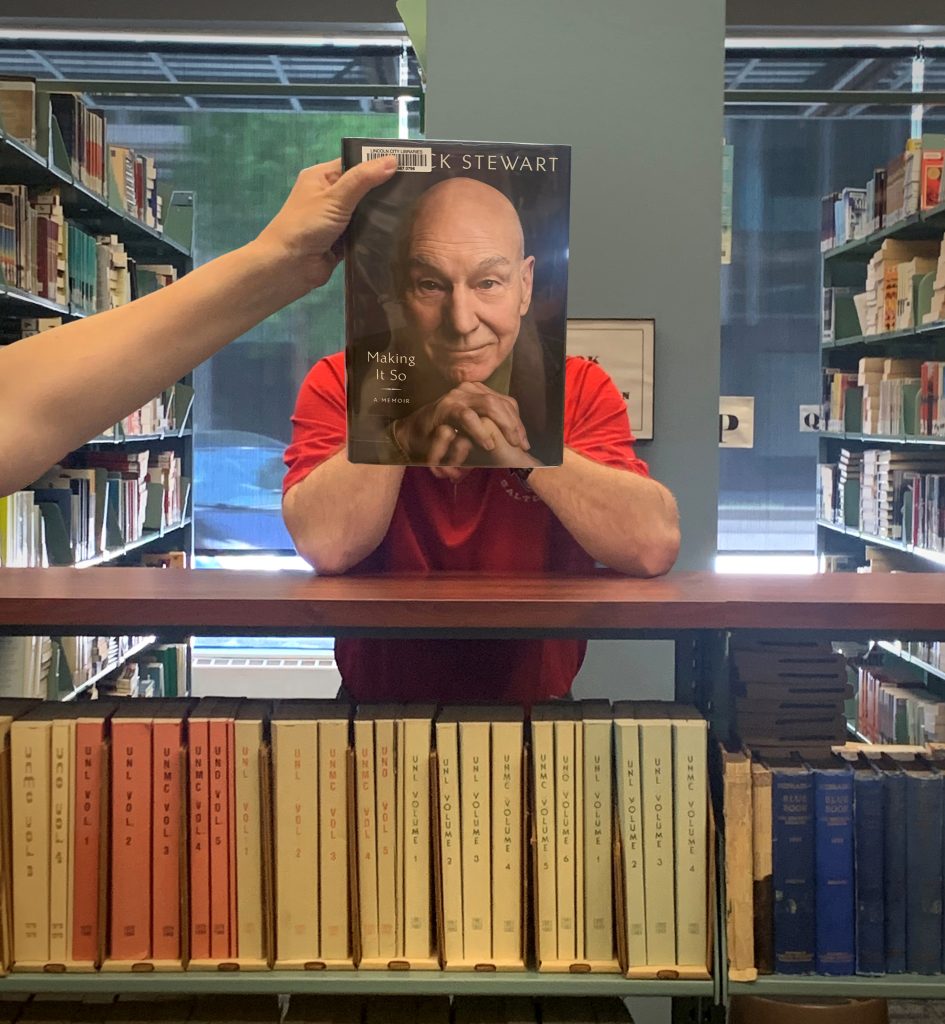
I remember watching and enjoying Star Trek: The Next Generation, starring Patrick Stewart as Jean-Luc Picard, but I wouldn’t call myself a diehard Trekkie. That was no barrier to finding Making It So, Stewart’s recently released memoir, enchanting and delightful. Especially the Audie award-winning audio edition, narrated by Stewart, himself.
As you can imagine, he declaims every word of every sentence with gusto!Stewart (b. 1940) starts at the beginning, describing what it was like growing up working class in Yorkshire in the 1940s and early 1950s. This includes a brief etymology lesson on the Yorkshire dialect he grew up speaking, which, according to Stewart, would have been “nearly incomprehensible to Londoners, let alone Americans.” For instance, he explains that “ata,” which meant “are you,” descended from “art though”; “nowt” meant “nothing”; “Geroff!” meant “leave me alone”; and a chamber pot was a “gazunder,” because it “goes under” the bed. This is relevant since in order to become an actor he had to learn “received pronunciation,” or “RP.” (RP was the standard pronunciation used by BBC broadcasters back in the day.)
Stewart also does a good job conveying the degree to which theater permeated English society at the time. It ranged from amateur dramatics (“am-drams”) at the local level, to a network of regional repertory theaters, all the way up to the Royal Shakespeare Company in Stratford-upon-Avon and the National Theatre in London. And thanks to financial support by the government in the form of grants and scholarships, it was accessible to all—even a working-class boy like Stewart, who got his start locally and then worked his way to the top.
If you are particularly interested in the Star Trek: Next Generation portion of this memoir, you’ll have to be patient, or skip to chapter 16. From there on out (there are a total of 25 chapters in the book), you will be rewarded with lots of insider, behind-the-scenes information about Stewart’s time as Picard. There are also plenty of details about his stint as Charles Xavier in the X-Men movie franchise, and voice work for Seth MacFarlane’s Family Guy and American Dad, as well as other television, film, theater, and social media projects he’s participated in, including reciting all Shakespeare’s sonnets on Instagram during the pandemic lockdown.
While this memoir will appeal to Trekkies, theater nerds, and Anglofiles, there are also elements that will resonate with anyone who has lived a long life filled with both gratitude and regret. In later chapters, Stewart expresses remorse over the demise of his 23-year marriage to his first wife, and the damage that did to his relationship with their children, Daniel and Sophie: “[T]he hurt caused by my split with their mother has never fully gone away,” he writes. After a second brief marriage falls apart, he laments: “And so, another divorce. I felt stupid and responsible.” But he also joyfully expounds on life with his third wife, Sunny Ozell, to whom he’s been married since 2013, as well as his well-publicized friendship with Ian McKellen. Overall, Stewart comes across as a vibrant, engaged octogenarian who, despite living a full, rich life, is still ready for more!
Stewart, Patrick. Making It So: A Memoir. Gallery Books, 2023.
You can find “Making It So: A Memoir” by Patrick Stewart as an eBook in Nebraska OverDrive Libraries! Libraries participating in the Nebraska OverDrive Libraries Group currently have access to a shared and growing collection of digital downloadable audiobooks and eBooks. 194 libraries across the state share the Nebraska OverDrive collection of 26,174 audiobooks, 36,611 ebooks, and 5,210 magazines. As an added bonus it includes 130 podcasts that are always available with simultaneous use (SU), as well as SU ebooks and audiobook titles that publishers have made available for a limited time. If you’re a part of it, let your users know about this great title, and if you’re not a member yet, find more information about participating in Nebraska Overdrive Libraries!
Love this #BookFace & Friday Reads? We suggest checking out all the titles available in our Book Club collection, permanent collection, and Nebraska OverDrive Libraries. Check out our past #BookFaceFriday photos on the Nebraska Library Commission’s Facebook page!
Posted in Books & Reading, General
Tagged Book Covers, bookface, bookfacefriday, Ebook, Friday Reads, Making It So, Memoir, Nebraska OverDrive Libraries, Patrick Stewart, Reading
Leave a comment
Nebraska Public Media Book Club Kit Inspired by the new Ken Burns documentary The American Buffalo
In partnership with Nebraska Public Media, the Nebraska Library Commission has added 30 copies of Great Plains Bison to our book club collection. Book club kits with 10 copies are also owned by: Bellevue Public Library, Kearney Public Library, Lincoln City Libraries, and the Regional Library Systems
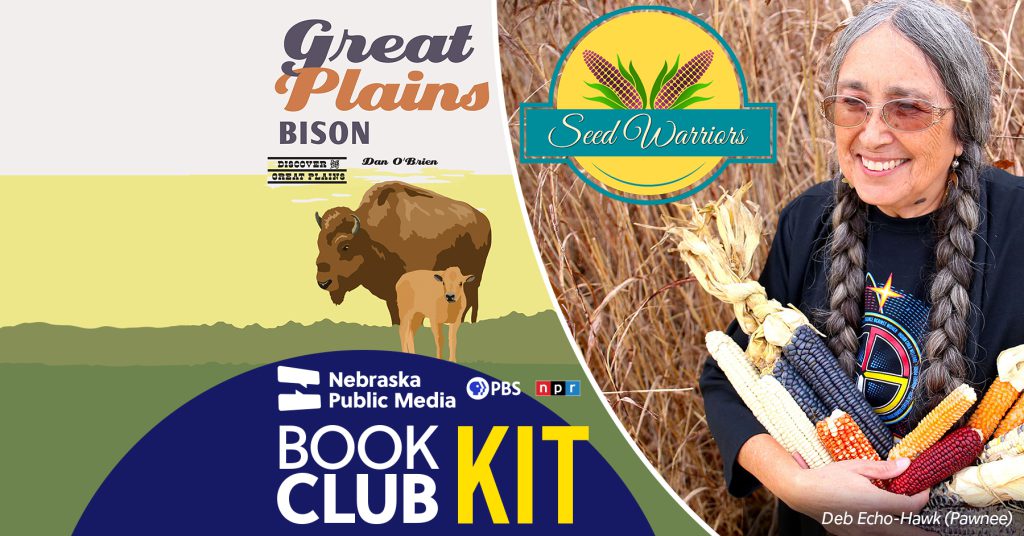
This book club kit explores the themes of conservation, restoration and respect. What can we learn from the stories of bison and the Pawnee seed keepers? How can conservation be practiced today?
The book club guide includes:
Discussion questions
Additional reading suggestions and organizations to explore
Two recipes from Chef Anthony Warrior
Great Plains Bison, written by buffalo rancher Dan O’Brien (also featured in The American Buffalo), traces the history and ecology of this American symbol from the origins of the great herds that once dominated the prairie to its near extinction in the late 19th century and the subsequent efforts to restore the bison population. A project of the Center for Great Plains Studies and the School of Natural Resources, University of Nebraska; published by Bison Books.
Seed Warriors, directed by Rebekka Schlichting (Ioway Tribe of Kansas and Nebraska), follows a group of seed keepers in their ancestral homelands of Nebraska as they seek to regain sovereignty over the food system. By reclaiming their sacred corn seeds, they work to return to the healthy, traditional lifeways of the Pawnee people. Learn more at PawneeSeed.org.
Produced in collaboration with Nebraska Public Media for the HOMEGROWN: Future Visions digital shorts series. HOMEGROWN: Future Visions is a Co-Production of Firelight Media and the Center for Asian American Media (CAAM), with funding provided by the CORPORATION FOR PUBLIC BROADCASTING (CPB), In Association with PBS
Ken Burns’s newest documentary, The American Buffalo, tells the dramatic story of the near extinction and improbable rescue of America’s national mammal. Premiering October 16 on PBS and the PBS Video App. Learn more at PBS.org/americanbuffalo.
Posted in Books & Reading, Education & Training
Leave a comment
Friday Reads: The Reluctant Pilgrim by Roger Welsch
Roger Welsch’s The Reluctant Pilgrim is a curious and relatable book, a book of inter-connected stories from Welsch’s forty-year exploration of Native American community and spirituality. Known for his humor, this is not a book of humor. It is a thoughtful reflection on personal experiences and associations as an adopted member of the Omaha Tribe. Welsch’s journey expounds on the unexplainable, mysterious, the physical – round stones, eagle feathers, buffalo skulls, coyotes, and crows. In short, a phrase he repeats often “Something Is Going On.” Throughout, Welsch shares the inspiration and wisdom he experiences in his many associations with Native American communities, Native elders, ceremonies, and nature.
I confess to reading only this book among the forty plus Welsch wrote over many years. I do have several on the bookshelf and I look forward to reading them. Like many others, I’ve enjoyed Welsch’s public presentations. Storytelling was his special gift whether as a speaker or as a writer. His humor is notable but his generosity, perspective, wisdom, and devotion to the stories of the Great Plains stands out as truly remarkable.
Welsch left a tenured professorship at the University of Nebraska-Lincoln to move with his family to a small 60-acre property near Dannebrog, Nebraska. From there he intended to pursue a writing and speaking career – and that he did. Like many, I remember Roger Welsch’s twelve plus years as a correspondent presenting his biweekly “Postcards From Nebraska” on CBS News Sunday Morning.
It’s interesting that Roger Welsch, the recognized dean of storytellers, has a nearly uncountable number of stories about his own life that have become a part of our folklore. His interests were eclectic. He developed an interest in tractors and wrote about them. I gave away Busted Tractors and Rusty Knuckles to a farmer family member. Welsch founded the Liars Hall of Fame and he served on his county’s weed-control board to be a voice for preserving native grasses and other plants.
Others who have written about Welsch’s books recommend that The Reluctant Pilgrim be read with his earlier book, Touching the Fire.
Roger Welsch. The Reluctant Pilgrim: A Skeptic’s Journey into Native Mysteries. Lincoln: University of Nebraska Press. 2015.
Friday Reads: The Ancient One by T.A. Barron
Today is Arbor Day – go out and plant a tree! To celebrate the day, I decided to read a book about saving trees. Giant, magical redwood trees.
The Ancient One, by T.A. Barron is the second book in a trilogy about the adventures of thirteen year old Kate, but it is an entirely stand-alone novel. You don’t need to read the other books in the series to understand and enjoy this one.
Kate is visiting her Great Aunt Melanie, who lives in a rural town in Oregon where logging companies have done so much clear cutting of the forest that they are running out of trees to cut down, and work is almost impossible to find anymore. Tensions are high and many citizens are angry about the loss of income.
But, a new source of trees has recently been discovered – an ancient redwood forest in the Lost Crater, a previously inaccessible extinct volcano. Aunt Melanie has been working to protect the trees from the loggers – they may be the oldest redwoods on the planet and they were a sacred place to a lost Native American tribe, the Halamis.
Aunt Melanie is quite the mysterious figure, loving and supportive, but also full of secrets. There’s something just a bit different about her. And she has a special connection to her walking stick, with its carved owl’s head handle. Strange things seem to happen when she is around. As Kate is being chased by some boys in town, she trips and falls, but the boys keep running right past her, as if they didn’t see her laying in the mud, as if she wasn’t even there. And suddenly, Aunt Melanie is there, dismissing Kate’s confusion and making curious comments about being … invisible?
Kate and Aunt Melanie hike into the Lost Crater, to hopefully stop the loggers from cutting down the redwoods. When Kate must return to the redwood grove to retrieve Aunt Melanie’s accidentally left behind walking stick, she is transported back in time, where she becomes involved in a battle to save the same forest from an evil force.
I truly enjoyed this fantasy novel with its strong environmental message, it’s a combination that I haven’t read before. The world of the past is well developed and Kate’s encounters, unfortunately, mirror the struggles in our own time over climate change. It will definitely make you think about nature and how we should be protecting it, for our future.
Posted in Books & Reading, Youth Services
Tagged #arborday, #FridayReads, Friday Reads, FridayReads
Leave a comment
Book Club Spotlight – The Loren Eiseley Reader
It’s finally the best week of the year- National Library Week! Hosted by the American Library Association, this year’s motto is “More to the Story.” Like we discussed in our last Spotlight, The Reading List, libraries are more than just book depots; they are places for community and social engagement. And today, we’ll look at a different aspect of “More to the Story,” in how a book can be greater than the sum of its parts and live on long past its author. Published posthumously The Loren Eiseley Reader is a collection of essays by celebrated Nebraskan anthropologist and philosopher Loren Eiseley. This collection includes a foreword by his friend and fellow author Ray Bradbury, who closes by musing on the longevity of the written word: “The essays you’ve written and the books that you’ve created are children, so your heritage will go on to the end of this century and to the centuries beyond. You have children, Loren Eiseley, and you will live forever.”
The Loren Eiseley Reader is a collection of short essays and stories taken from Eiseley’s work throughout his life, including his academic work, poetry, and other nonfiction. The essays are organized into three categories: Reflections of a Naturalist, Reflections of a Writer, and Reflections of a Wanderer. A reader can pick up wherever they want and not feel constrained to a linear experience. Even though it’s confined to the first heading, being a naturalist affects all of Eiseley’s work. He saw the Earth as a beautiful mystery and contemplated its meaning and grander scope throughout his writing. Even in the most scientific discussions, such as evacuating fossils, Eiseley takes the reader back in time with him. Not to point out how insignificant we are in the scope of history, but how incredible it is that something came before us and something will come after us.
“I had come a long way down since morning; I had projected myself across a dimension I was not fitted to traverse in the flesh.”
Loren Eiseley
In addition to showcasing Eiseley’s work, The Reader was compiled to introduce secondary students to engaging examples of well-written essays and prose. According to The Loren Eiseley Society, The Reader and its companion Teacher’s Guide can fit seamlessly into any classroom, “Eiseley’s ideas and powerful prose are a perfect fit for students of science, literature, and history, both natural and anthropological. His writing provides profound insight into the workings of the natural world and man’s relationship to that world, and his unique literary style is rich ground for students of literature.” And students might also be excited to learn about the namesake of their local library. A student reader collection might not be your standard book club pick, but there can be a lot of value in reading some naturalist nonfiction as we move into spring and summer, while the Nebraska prairie slowly comes back to life.
If you’re interested in requesting The Loren Eiseley Reader for your book club, you can find the Book Club Kit Request Form here. There are 9 copies available (A librarian must request items)
Posted in Books & Reading
Tagged book club spotlight, books, Nebraska Authors, Reading
Leave a comment
Friday Reads: The Barcelona Complex: Lionel Messi and the the Making – and Unmaking – of the World’s Greatest Soccer Club
It seems appropriate, off the buzz of this year’s World Cup, for a focus on either soccer (if you accept the American term) or football (if you live in the rest of the world). The World Cup saw many exciting games, and the consensus is deciding them via penalty kicks seems a bit arbitrary, but in the spirit of history, tradition, and nothing to offer as a better alternative, let’s accept the practice to determine a victor. Of course, the penalties can be exciting also, and the game cannot go on forever in extra time. As for the U.S. Men’s National Team (or USMNT), they certainly have some talented players, but the coaching needs a major overhaul. Two things of note on a long laundry list of items: (1) If you are in charge, don’t hire your brother. Even if you think your brother is highly qualified. Find someone else. (2) If you are said brother, and have conversations with players in the locker room, don’t go to reporters or others and disclose said conversations. Keep them within the team. The players will have respect for you for such professionalism, and you will earn much needed trust.
But today’s write-up isn’t about the World Cup, or the USMNT. It’s about FC (football club) Barcelona, aka “Barca”, in this well written narrative from Simon Kuper, entitled The Barcelona Complex: Lionel Messi and the Making—and Unmaking—of the World’s Greatest Soccer Club. One might be tempted to think that this book is about one of the greatest footballers of all time, Lionel Messi, but Messi’s rise throughout the Barca system is only a minor part of this story. The Barca club (which also focuses on sports besides just soccer), was founded in 1899, and is one of the highest value sports clubs and one of the richest football clubs in terms of revenue (it’s the expenses that might be the issue). To illustrate, Barca exceeded $1B in revenue in 2018. By comparison (believe it or not), in 2018 the highest revenue of an NFL team was the Dallas Cowboys, at $800M. Unlike the Cowboys, Barca posted a loss in that year. But, who really gives a rap about financial capabilities, it’s about winning games. A large part of the story of the rise of the Barca club has to do with its system of bringing young players in, as did Messi at age 13 (he is from central Argentina), and developing them within the Barca program.
The Barca story in this book takes place largely with the introduction of Dutch player/manager/coach Johan Cruyff, who had a long history in the sport, and was traded to Barca in 1973 as a player. Cruyff brought to Barca the Dutch concept of Total Football, where every player on the team (sans goalkeeper) is interchangeable. In other words, fluidity. Defender can move to attacker, and another player covers the open position left when the defender moves upfield. After Cruyff’s retirement from playing and various coaching gigs, he returned to FC Barcelona for the 1988-89 season as manager. Throughout his time as coach, he managed to win 11 trophies, only surpassed by one of his star players (and Barca coach from 2007-2012), Pep Guardiola (15 trophies).
Guardiola is a good example of the system of Barca success, joining the Barcelona youth academy (La Masia) at the age of 13 (same age as Messi), and climbing up to through the ranks and developing his talents. The 2008-09 FC Barcelona team under Guardiola (as manager) is considered one of the best ever, with many players coming from the La Masia youth program, notably Messi, Xavi, Andres Iniesta, and Sergio Busquets.
But, as with practically any ascent, there usually is a descent, and Kuper describes the fall of Barca with detail that leaves the reader with sadness. There isn’t one event to point to the financial ruin of the club, but rather a series of bad decisions and bad luck. COVID responses that left stadiums empty certainly didn’t help. All in all, Kuper’s effort here is coherent, easy to follow, and engaging.
Kuper, Simon. The Barcelona Complex: Lionel Messi and the Making—and Unmaking—of the World’s Greatest Soccer Club. Penguin. 2021.
Book Club Spotlight – Native American Heritage Month
For November, we are spotlighting titles in our Book Club Collection written by Indigenous authors for Native American Heritage Month. In 1976 Cherokee-Osage Native American Jerry C. Elliott-High Eagle authored the Congressional legislation for Native American Awareness week, which grew into what we now celebrate as Native American Heritage Month in 1990 with a declaration from then-President George H.W. Bush. This month is a great opportunity to read and learn about whose ancestral land you live on, their history, colonization, and all the incredible works of Indigenous art and literature.
Past Book Club Spotlights featuring Native American Authors:
Firekeeper’s Daughter by Angeline Boulley
18-year-old Daunis Fontaine is the product of a scandal between a white woman and an Ojibwe man. Even though her mother’s family is well-respected, and her father’s side are revered Firekeepers, Daunis is an outsider. She is not welcome in her predominantly white town or at the reservation, where tribal leaders deny her parentage and membership. But when murders and overdoses related to drug trafficking slowly spread around Michigan’s Upper Peninsula, Daunis is witness to it all. Now she must team up with the new (and mysterious) star hockey player to use her knowledge of science, Ojibwe medicine, and these tight-knit communities to uncover long-held secrets.
____
The Birchbark House by Louise Erdrich
Excitable and brave spirited, Omakayas, or Little Frog, is a young Ojibwe girl who lives with her family near present-day Lake Superior. As white people begin to take over the land, Omakays and her siblings continue their way of life while the adults fear that they must move soon. We follow the local community as they survive, learn important lessons and skills, and enjoy a peaceful life together. But when a sickly visitor crashes a powwow one night, he brings deadly smallpox to the area; and the course of the community and Omakayas’ life are changed forever.
_____
You can find a list of both our fiction and non-fiction titles on our Book Club Kit page under the Native American Voices keyword.
“And while I stood there I saw more than I can tell, and I understood more than I saw; for I was seeing in a sacred manner the shapes of things in the spirit, and the shape of all shapes as they must live together like one being.”
– Black elk
Black Elk Speaks (One book One Nebraska 2017)
And if like me, you’re excited about the food-heavy holidays, we have a few foody titles in our collection that your club might be interested in as well:

Jasmine Toguchi: Mochi Queen by Debbie Michiko Florence
Kitchen Confidential by Anthony Bourdain
Posted in Books & Reading
Tagged book club spotlight, books, Native American Literature
Leave a comment
Friday Reads: “Go Tell the Bees That I Am Gone” by Diana Gabaldon
I have been a huge fan of time travel fiction, historical fiction, and medical fiction for a very long time, and the Outlander series by Diana Gabaldon, tops my list of all three of these genres. The 9th book in the series, Go Tell the Bees That I Am Gone (2021), is her latest installment in this sweeping saga. I am also a huge fan of the Outlander TV series, currently having just concluded season 6, with each season roughly matching each book. Because it had been 8 years since the previous book, I went back and listened to books 6, 7, and 8–before diving into book 9. As always, it did not disappoint!
For those new to the series, Claire Beauchamp Randall, a WWII British Army nurse, falls through standing stones (similar to Stonehenge) in 1946, and lands in 1743 Scotland, where she meets Jamie Fraser, a twenty-something red-haired Scots warrior and laird. Claire, while trying to figure out how to get back to her own time and husband, is protected by Jamie, and they fall in love. Together they must survive clan wars, British Redcoats, injuries, starvation, and French intrigue as they come ever closer to Culloden–the Jacobite Rising battle that would determine the fate of Highlands culture and possibly the throne of Great Britain. Through all of these circumstances, Claire uses her medical knowledge to help any and all in need. Immediately before Culloden, Jamie sends Claire back through the stones to her own time–back to her husband Frank. For the next twenty years, Claire believes Jamie to be dead at Culloden, and not until Frank dies does she begin to suspect that Jamie might still be alive in the past. Eventually Claire and Jamie are reunited, and their adventures together in 18th century Scotland, the Caribbean, and the American Colonies are a great read. That brings us to Book 9–Go Tell the Bees That I Am Gone.
It is now 1779, and Claire and Jamie have been settled for awhile on Fraser’s Ridge, North Carolina, along with their daughter Brianna and her family, friends, and other refugees from Scotland. They have built a solid life–Jamie as a land owner, and Claire as a healer. Independence from Great Britain has been declared, but loyalties are split across all of the colonies, even on Fraser’s Ridge. As the Revolutionary War rages from New York to Georgia, Jamie and Claire need to once again stay closely bonded to survive–through war, fire, disease, injuries, death, and someone special from Jamie’s past. As always, a wonderful historical fiction saga with a great set up at the end for book 10. I can’t wait!
Posted in Books & Reading, General, Information Resources
Tagged books, Friday Reads, Reading
Leave a comment
What’s Sally Reading?
Nominees for YALSA’s 2022 Lists Are Updated Weekly
YALSA (Young Adult Library Services Association), a section of the American Library Association (ALA), has a schedule of updates of nominees for several of their lists for 2022. Check their blog, The Hub, each week or month to learn what titles are being considered for their Best Fiction for Young Adults (Mondays), Quick Picks for Reluctant Readers (Tuesdays), Amazing Audiobooks (Wednesday), and Great Graphic Novels (Thursday). You see a copy of the cover and a review of the book, usually one title with a review and one or more additional titles merely listed per posting.
At the bottom of each posting there is occasionally a place to click to see all the postings referring to that list. A quarterly compilation of each list is available, the first ones were posted on The Hub in early April, the second list was posted in early July.
You and your teens are also welcome to submit titles for consideration for any of the lists. Also at the bottom of each posting is a link to the information and form to suggest a title for that list.
Nubia: Real One by L.L. McKinney and illustrated by Robyn Smith is a graphic novel included on two nominees’ lists: Quick Picks for Reluctant Readers and Great Graphic Novels.
Nubia is fast and strong – really strong. She is black and her two mothers constantly remind her not to use her strength, it will only get her in trouble; they DO want the best for her. Her two best friends (LaQuisha and Jason) want her to enjoy her summer, but that seems unlikely. She is in a convenience store for a refill when two robbers enter. She stays low, as her mothers would want, until a guy she likes is threatened – and she throws the ATM at the robber and then runs. No surprise to Nubia, a policeman finds her part way home and handcuffs her, until he learns the two robbers were men. Then he releases her and tells her to stay out of trouble.
Dealing with many things common in high school – liking a guy and being awkward around him – Nubia must also deal with racism; and keep in mind that if people learn of her abilities, they will likely be afraid of her, they will not see her as Wonder Woman. But when her best friend Quisha, is threatened by her former boyfriend, Nubia finds a way to catch him out without violence. And… it turns out Nubia is related to Wonder Woman.
As School Library Journal said, “No superhero collection is complete without Nubia.”
(The Nebraska Library Commission receives free copies of children’s and young adult books for review from a number of publishers. After review, the books are distributed free, via the Regional Library Systems, to Nebraska school and public libraries.)
Posted in Books & Reading, Youth Services
Leave a comment
Friday Reads: The Great Alone, by Kristin Hannah
I’m not sure why I haven’t read Kristin Hannah’s books until recently, but once discovered, I am completely hooked. So far, I’ve read four of her books, loved all of them, but especially The Great Alone. It kept my interest so completely that I stayed up late reading, and when I couldn’t read it, I was listening to the audio version. It’s that good.
Alaska, 1974. Unpredictable. Unforgiving. Untamed.
For a family in crisis, the ultimate test of survival.
Ernt Allbright, a former POW, comes home from the Vietnam war a changed and volatile man. When he loses yet another job, he makes an impulsive decision: He will move his family north, to Alaska, where they will live off the grid in America’s last true frontier. Thirteen-year-old Leni, a girl coming of age in a tumultuous time, caught in the riptide of her parents’ passionate, stormy relationship, dares to hope that a new land will lead to a better future for her family. She is desperate for a place to belong. Her mother, Cora, will do anything and go anywhere for the man she loves, even if means following him into the unknown.
At first, Alaska seems to be the answer to their prayers. In a wild, remote corner of the state, they find a fiercely independent community of strong men and even stronger women. The long, sunlit days and the generosity of the locals make up for the Allbrights’ lack of preparation and dwindling resources. But as winter approaches and darkness descends on Alaska, Ernt’s fragile mental state deteriorates and the family begins to fracture. Soon the perils outside pale in comparison to threats from within. In their small cabin, covered in snow, blanketed in 18 hours of night, Leni and her mother learn the terrible truth: They are on their own. In the wild, there is no one to save them but themselves.
In this unforgettable portrait of human frailty and resilience, Kristin Hannah reveals the indomitable character of the modern American pioneer and the spirit of a vanishing Alaska – a place of incomparable beauty and danger.
The Great Alone is a daring, beautiful, stay-up-all-night audiobook about love and loss, the fight for survival, and the wildness that lives in both man and nature. (Audible)
Friday Reads: The Signature of All Things
The Signature of All Things, by Elizabeth Gilbert.
I love reading historical novels, especially ones that are based in fact and teach me about a subject I previously knew little about. The Signature of All Things is just such a book. Elizabeth Gilbert’s descriptions of the botanical world, and how plants were discovered, acquired, and improved, are truly masterful.
Spanning much of the eighteenth and nineteenth centuries, this novel follows the fortunes of the extraordinary Whittaker family, led by the enterprising Henry Whittaker—a poor-born Englishman who makes a great fortune in the South American quinine trade, eventually becoming the richest man in Philadelphia. Born in 1800, Henry’s brilliant daughter, Alma (who inherits both her father’s money and his mind), ultimately becomes a botanist of considerable gifts herself. As Alma’s research takes her deeper into the mysteries of evolution, she falls in love with a man named Ambrose Pike who makes incomparable paintings of orchids and who draws her in the exact opposite direction—into the realm of the spiritual, the divine, and the magical. Alma is a clear-minded scientist; Ambrose a utopian artist—but what unites this unlikely couple is a desperate need to understand the workings of this world and the mechanisms behind all life.
Exquisitely researched and told at a galloping pace, The Signature of All Things soars across the globe—from London to Peru to Philadelphia to Tahiti to Amsterdam, and beyond. Along the way, the story is peopled with unforgettable characters: missionaries, abolitionists, adventurers, astronomers, sea captains, geniuses, and the quite mad. But most memorable of all, it is the story of Alma Whittaker, who—born in the Age of Enlightenment, but living well into the Industrial Revolution—bears witness to that extraordinary moment in human history when all the old assumptions about science, religion, commerce, and class were exploding into dangerous new ideas. (Amazon.com)
Friday Reads: Cookbooks
It’s time for more cookbooks!
I couldn’t decide which one I wanted to share, so I thought I would include a few favorites from my last cookbook haul:
Perfectly Golden: Inspired Recipes from Goldenrod Pastries, the Nebraska Bakery that Specializes in Gluten-Free, Dairy-Free, and Vegan Treats by Angela Garbacz
Goldenrod Pastries, located in Lincoln, is an amazing bakery with the best baked goods of all kinds. As much as I would love to just visit every day, having the cookbook now helps fill the gaps.
Gluten-free and vegan baking can be intimidating, but the recipes are clear and easy enough, even for beginning bakers. The photos are all bright and cheerful, and there are plenty of notes to help explain different parts of the recipes, like flours.
I started with the cinnamon rolls which turned out perfectly and may very well replace my usual recipe!
Aran: Recipes and Stories from a Bakery in the Heart of Scotland by Flora Shedden
One of the best parts of reading cookbooks, especially this last year, is looking at amazing pictures and reading stories of far-off places, and turning your kitchen into something like a small Scottish bakery. Flora Shedden’s (from the Great British Bake Off) book has become a favorite. Aran (meaning bread) is full of recipes arranged by the time of day in the bakery, starting with making bread before dawn, including a section for getting your sourdough starters just right. The recipes are simple and encouraging, with plenty of instructions for North American conversions. Some recipes, like croissants, are multi-day projects but well worth the extra time and effort (with lots of butter).
And now for something completely different!
Fuel Your Body: How to Cook and Eat for Peak Performance: 77 Simple, Nutritious, Whole-Food Recipes for Every Athlete by Angie Asche
This is already my new favorite everyday cookbook. The recipes are super simple and delicious, focusing on helping you reach your full athletic potential whether you’re just trying to get healthy, you’re a recreational runner, or a more serious athlete. The first section includes great information for athletes (or parents of athletes) on basic nutrition concepts and timing your meals around game time to give you the best boost, as well as several weekly meal plans (including a vegan/plant-based plan) and how to make the perfect smoothie. These recipes are quick and easy, perfect for weekly meals. The baked banana oatmeal has been great for breakfast meal prep through the week. The lentil tacos, almond flour cookies, and ginger-citrus smoothie are also new staples.
